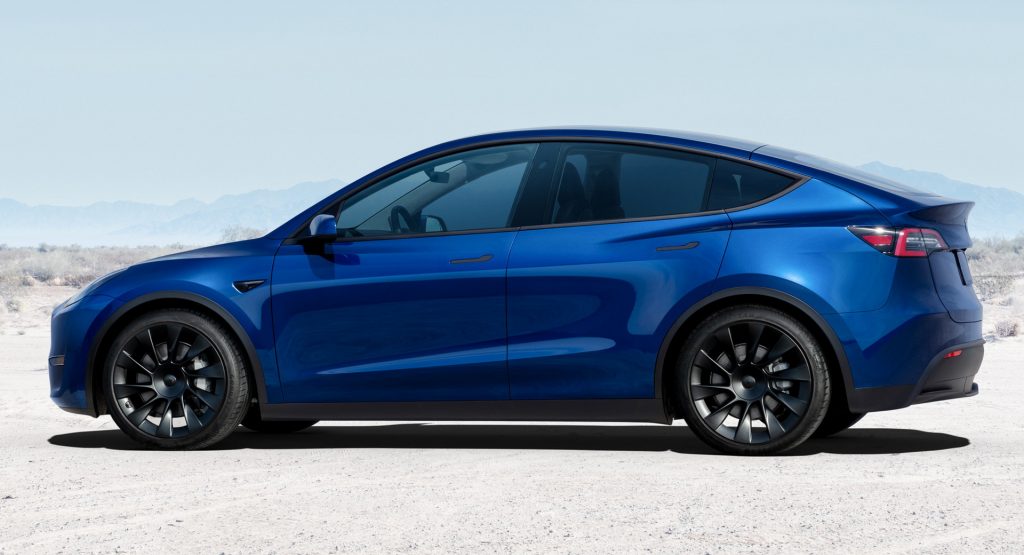In what seems to be a rather peculiar incident, a number of Telsa buyers have reportedly been charged twice for their cars.
When Tesla started accepting Bitcoin, it also introduced automated clearing house payments. These seemed like a quick, convenient, contactless way for people who want to pay for their cars outright. But the risk of being double-billed may make the method untenable.
Several customers have reported being double-billed for their new Teslas and none has reported a speedy response.
Speaking to CNBC, Model Y buyer Tom Slattery said he ended up being charged nearly $53,000 more. What’s worse is Tesla missed its delivery window, meaning that although Slattery has effectively paid for two Model Ys, he has none.
“It’s hard to imagine sales and service getting worse,” said Slattery. “I had almost $53,000 unauthorized stolen from my bank account. And nobody, nobody has called me, emailed me, there’s no sense of urgency in resolving this.”
And this isn’t an isolated incident. Another Model Y buyer, Clark Peterson, told CNBC that like Slattery, he was double charged and Tesla missed its delivery window.
Read Also: Consumer Reports Raises Privacy Concerns Over Tesla’s In-Car Cameras
Perhaps more frustrating, instead of taking care of the issue, Tesla told Peterson to call his bank to resolve it, something he knew beforehand that wouldn’t work.
“I’m pretty familiar with the way wire transfers work. When the money’s gone the money’s gone!” said Peterson. “He was insistent I should call my bank. So I did. They confirmed like no, the money is in Tesla’s account now. We cannot do anything about that until we hear from them.”
The customer service representative at his bank did tell him, though, that he wasn’t the only person who had called trying to reverse an erroneous charge from Tesla. Indeed, when Slattery went to a Tesla store to try and resolve his issue in person, a representative said that hundreds of customers had the same issue. CNBC, too, managed to find more customers who had the same experience.
When CNBC published its piece, neither had been refunded, though Tesla had promised to return Peterson’s money to him.
Beyond the anger of losing tens of thousands of dollars, even if it turns out to be a temporary issue (as we expect it will), the frustration of an automaker that styles itself as a tech company not being able to handle payments is leading some to wonder if Tesla can be trusted.
“This was not some operator error,” Peterson said. “And for a company that has so much technology skill, to have this happening to multiple people really raises questions.”










